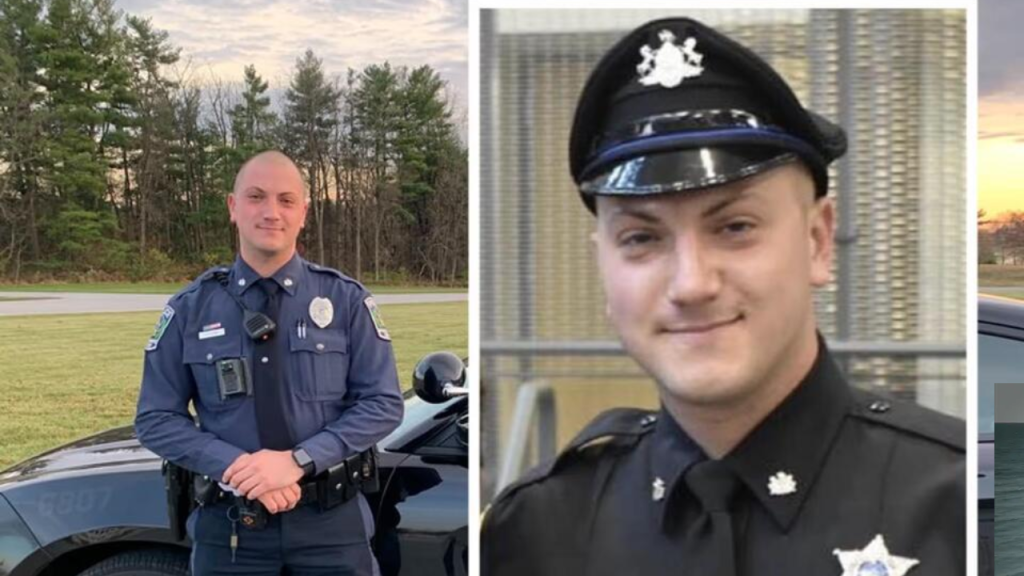
In a heartbreaking turn of events, Christian Flynn, a dedicated police officer and firefighter, was found dead in an apparent suicide on Monday, June 2, 2025. Flynn, who had been an active member of both law enforcement and firefighting communities, tragically took his own life, sparking concern about the mental health challenges faced by first responders.
Discovery of Flynn’s Body Outside Municipal Campus
Flynn was discovered outside the Upper Providence Township municipal campus in Pennsylvania, where he had been serving as a full-time police officer. He had also been an integral member of the Limerick Fire Department, volunteering his time and services to help others in his community. Additionally, Flynn worked as a seasonal officer in Sea Isle City, New Jersey.
Mental Health Struggles Among First Responders
The tragedy has left the public and his colleagues in mourning, and it has drawn attention to the mental health crisis within first responder communities. As individuals who regularly deal with life-and-death situations, first responders often face tremendous stress and trauma. The intense emotional and psychological strain placed on these men and women can sometimes lead to feelings of hopelessness, which may tragically contribute to incidents like Flynn’s death.
Flynn’s Legacy of Service and Dedication
Flynn’s commitment to public service was evident from the moment he joined the Limerick Fire Department in the summer of 2013. Motivated by a deep desire to follow in his family’s footsteps and a dedication to helping others, Flynn quickly became a respected and valued member of the department. Over the years, he obtained numerous certifications, including Proboard Firefighter 1 and 2, VRT, WRER, EBOR, and Pump 1 and 2.
Raising Awareness About First Responder Mental Health
His death has brought to the forefront the critical need for increased resources and support for first responders, particularly when it comes to mental health. In a profession that regularly exposes individuals to traumatic events, it is crucial that mental health services be made easily accessible to those who serve the community. Experts believe that while progress has been made in addressing the mental health needs of first responders, more work needs to be done to break the stigma surrounding seeking help.
The Call for More Support and Resources
While Flynn’s personal struggles are not yet fully known, the tragedy highlights the critical importance of supporting first responders in both their professional and personal lives. Law enforcement and fire departments across the country must prioritize the mental well-being of their personnel to prevent further losses.
A Community in Mourning and Tribute
In the aftermath of Flynn’s death, his family, friends, and colleagues are left grappling with the loss of a beloved member of their community. Tributes have poured in from those who knew him, and many are calling for increased awareness of the mental health struggles that first responders often face. They believe that by opening up conversations about mental health and providing resources to those who need it, fewer tragic events like this will occur in the future.
The Importance of Prioritizing Mental Health Support
Flynn’s passing is a stark reminder that those who serve on the frontlines need just as much support as the communities they protect. Whether through counseling services, peer support programs, or simply fostering an environment where asking for help is encouraged, there is no doubt that more must be done to protect the mental health of our first responders.
Seeking Help: Resources for First Responders and the Public
For those who are struggling or know someone who is, it’s essential to remember that help is available. In the United States, individuals in crisis can reach out for support by calling the National Suicide Prevention Lifeline at 988 or visiting the National Suicide Prevention Lifeline. Additionally, the U.S. Department of Veterans Affairs offers mental health support for veterans and first responders alike.
